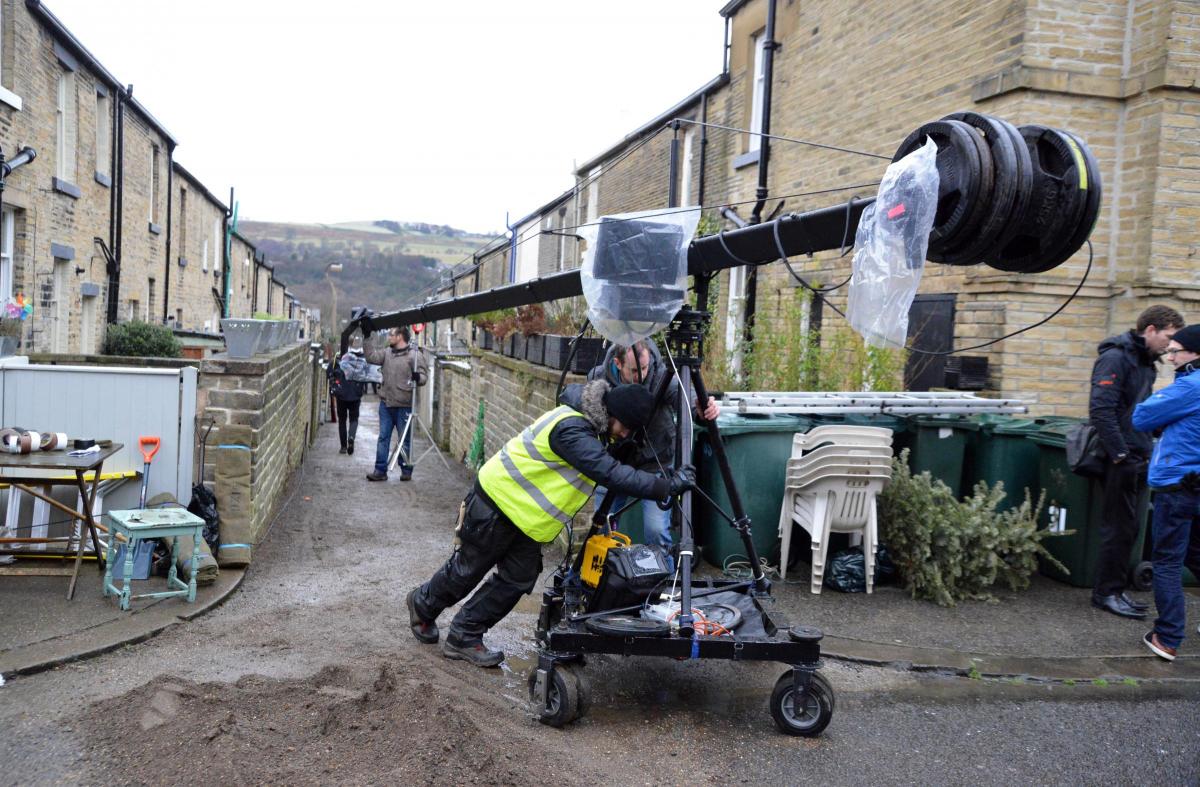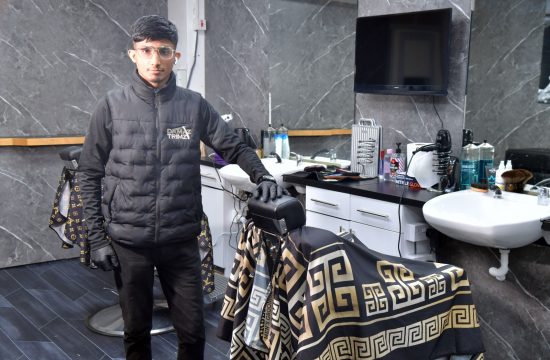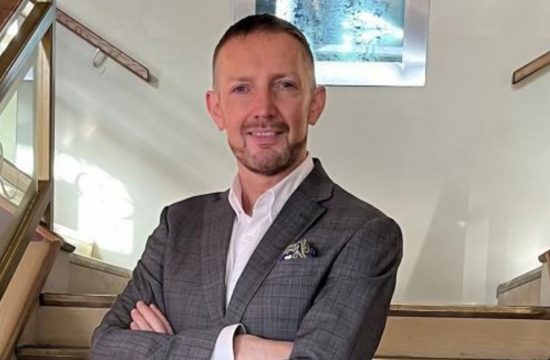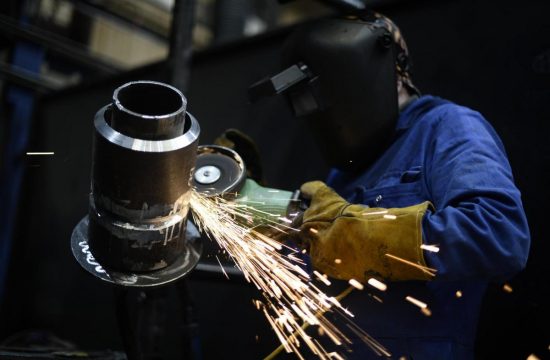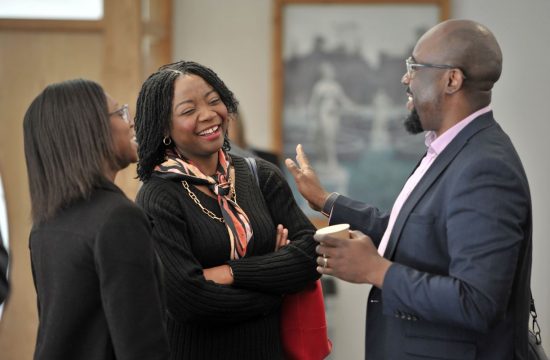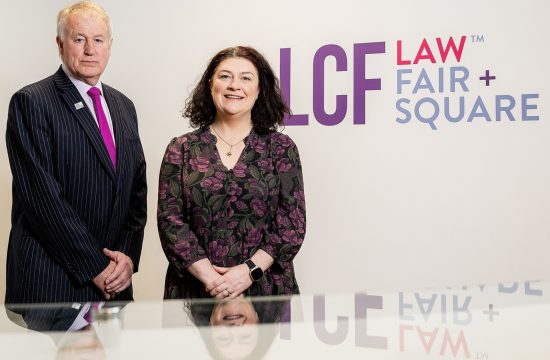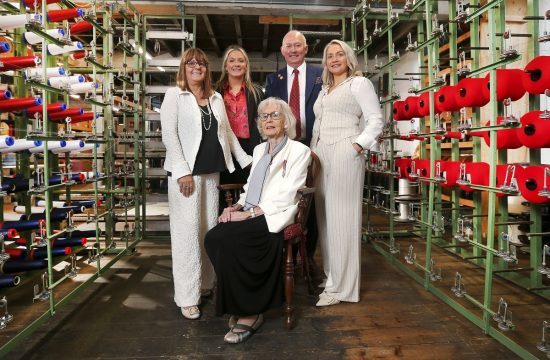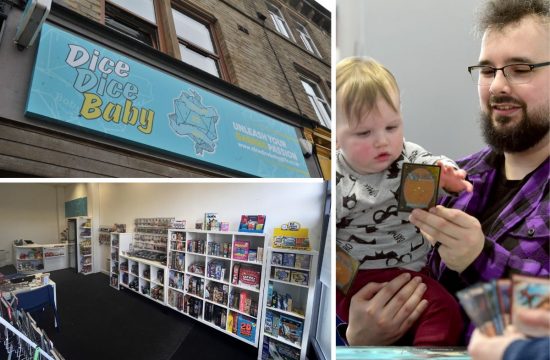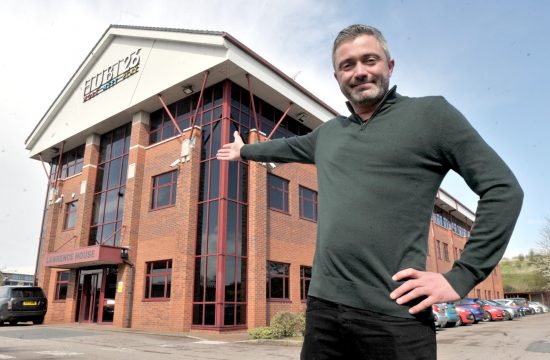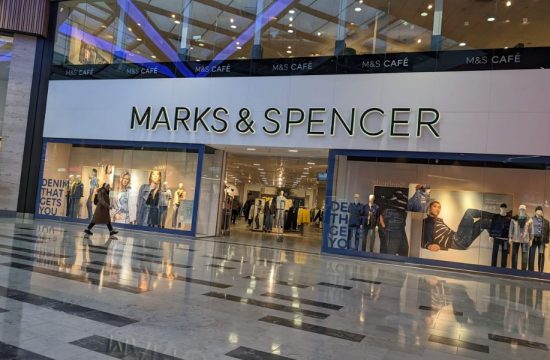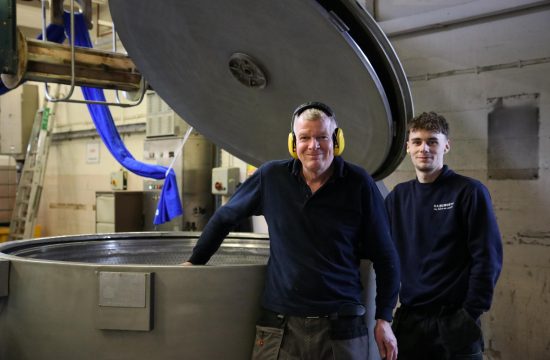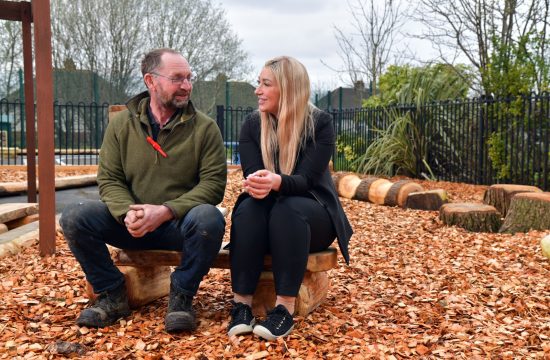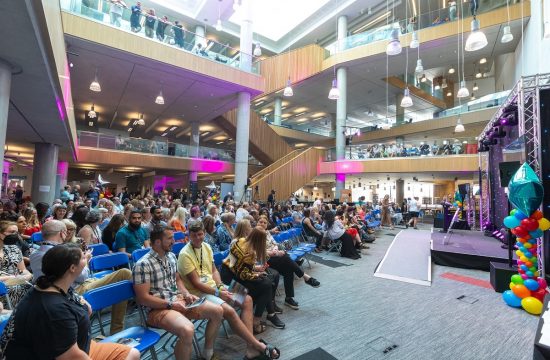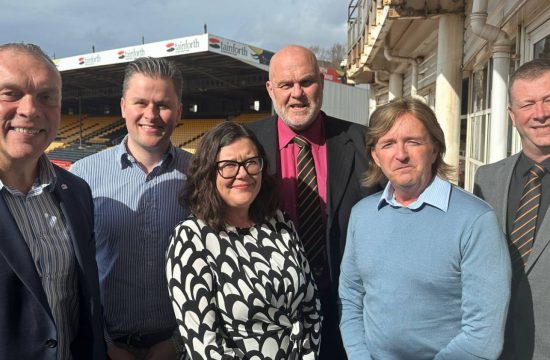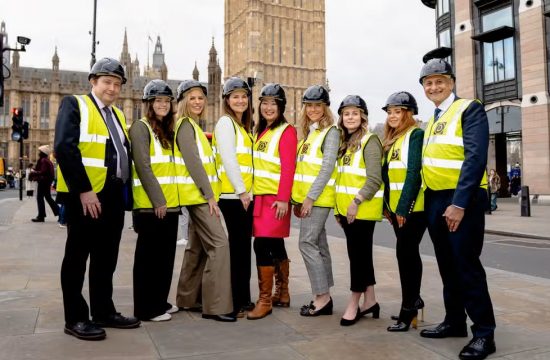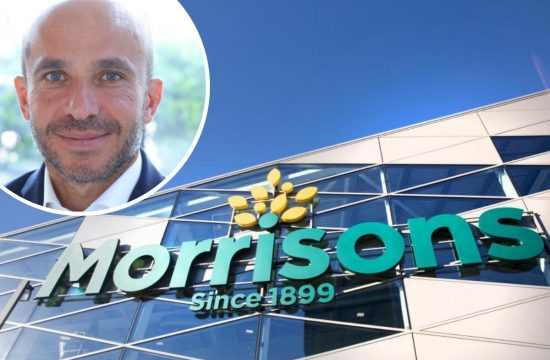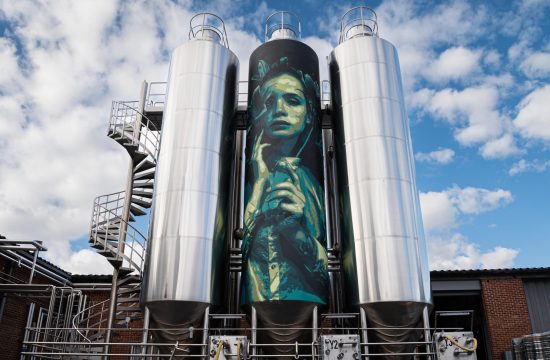The world of film making is probably the highest-profile and most glamorous industry in the world.
With a worth of around £136 billion last year, its no slouch when it comes to hard currency returns either.
And, due in large part to the tireless work of the small team at Bradford City of Film over the last ten years, businesses in the district are uniquely placed to tap into that market.
With links across the globe, including a strong connection to the Chinese film industry – the second biggest in the world now behind America – Bradford is a global player in the increasingly buoyant film and television sector.
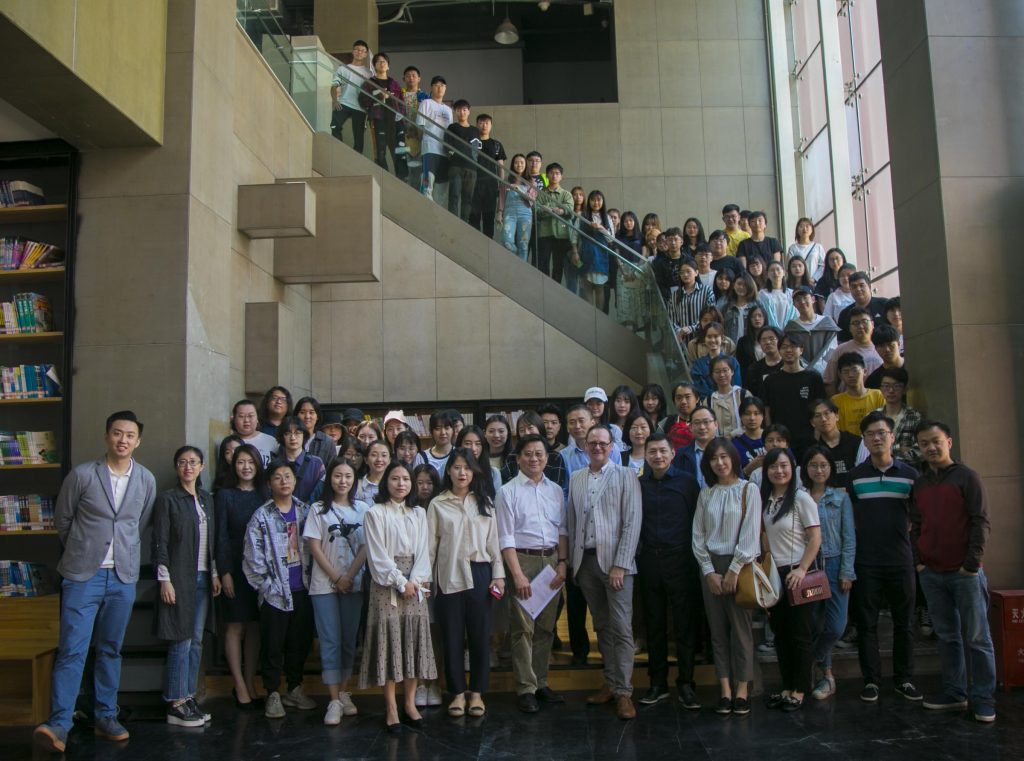
The organisation which ensures a lot of these links happen, and has played a large role in making the Bradford district a favoured destination of location managers, was founded ten years ago when Bradford was given UNESCO City of Film status. Its current boss, David Wilson, took over the reins two years later.
In that time, it’s fair to say that many millions worth of investment has come into the area on the back of numerous film and television programmes, ranging from Bollywood blockbusters like Gold to fly on the wall shows such as GPs Behind Closed Doors.
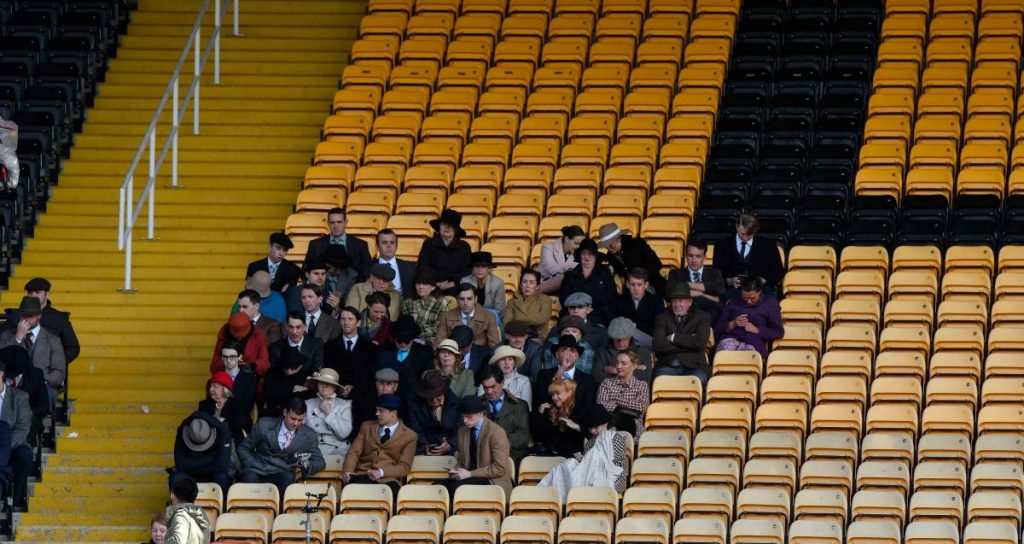
For David, the increasingly high profile of Bradford in the global film and television market is something that can benefit companies across the district.
“What we do is significant for businesses. Much of what we do is around the community development side of it, but there is also a lot of work around the perceptions of the city,” he said.
Having glitzy projects like Downton Abbey, Peaky Blinders, the film Official Secrets with Keira Knightly, all played a huge role in raising Bradford’s profile.
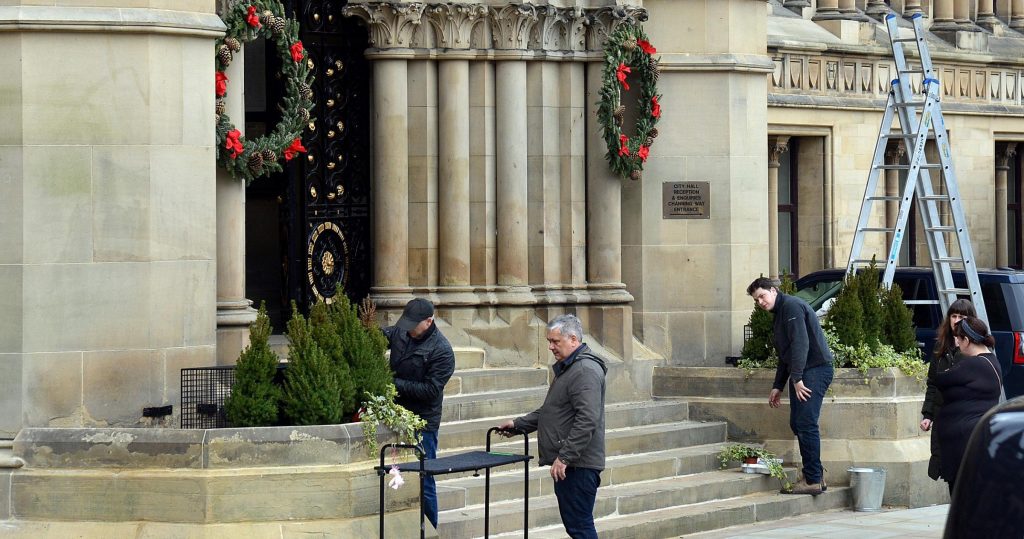
“For businesses, its all there for the taking. They can exploit the fact that we have these big-name brands filming in Bradford. A platform like Netflix, which has done quite a bit of filming in the district, is viewed all over the world.”
As UNESCO City of Film, Bradford has access to an exclusive network of 180 creative cities across 72 countries, including cities of astronomy, design, and literature, as well as film.
David said this represents a unique opportunity for businesses in the district to talk to them about using this incredible network in a creative way.
“They can exploit the brand in a positive way. Exploit the fact that we’ve got some of these really well-known productions coming to use the city to film in. Exploit the fact that we are very well regarded within that network – a trail blazer when it comes to being a creative city.”
He stressed that there were also immediate benefits to the whole district of the work done to attract filmmakers here.
He cites the example of the Bollywood blockbuster Gold, which was shot in Bradford over three months in 2017.
“They based themselves in Bradford. There was just short of 4,000 bed nights in that three-month period, and that’s just from one production,” said David.
“Even looking at something on a much smaller scale, like GPs Behind Closed Doors for Channel 5, there’s a crew of between 12 and 15 people based in Bradford for something like 100 days. They’ve all got to stay somewhere, all got to eat and all got to shop here.”
Figures from Creative England have estimated that a feature film or big budget TV drama equates to a daily spend of £34,000 a day. For a production like Gold, that equates to more than £3 million of cash coming into the district.
“Businesses need to get a little bit more savvy to the opportunities from filming, and the opportunities from visitors wanting to come and see these locations.
“It is tourism thing first and foremost, but with that comes all the other benefits to business. By 2030, a quarter of all global tourists will come from China, latest figures show.
“We’ve got an amazing opportunity with this to promote the Bradford area to a fast-growing market and that is where the business opportunities come in.”
Another strand offering business opportunities was the actual physical spaces needed by film-makers.

“We know for a fact that we haven’t got enough studio space in north to support the number of productions coming through, and there are so many productions that want to make content in the UK,” he said.
“What we are crying out for is businesses to provide more space for sets and productions. For me, the business opportunities everywhere you look and it’s up to businesses to seize the moment.”
The Channel 4 decision to move to Leeds was a key decision for the continued growth of the television and film industry in the Bradford district.
“There is a real young, diverse population that are very tech savvy, and crying out for an opportunity to be part of whatever screen has for us in the future,” said David.
Channel 4 recently held its annual DIVERSE Festival in Bradford, which gave a prime example of how the move will encourage independent production companies to develop.
“As well as Channel 4 themselves, programme commissioners that were here from BBC, ITV, Netflix and many others. Where Bradford can really benefit is supporting the rise of the independents. Channel 4 don’t make any of their own content; they commission it. And the call at this conference was we need more diverse voices.
“I’m sensing that there is a seismic shift happening at the moment. The district can only benefit from that. Independents who want to set up in Bradford have these links – and they can take advantage of the fact that its probably more economical than some of the other areas in the region.”
Bradford City of Film’s ground-breaking relationship with Chinese city Qingdao is also hugely significant for the whole district.
The organisation now has an office in Qingdao, which is also a UNESCO City of Film (Bradford supported it in its application for the status), and is developing very strong links with China, with David recently being made guest professor at Beijing Film Academy.
“China is second only America in terms of film production and film distribution. The numbers out there are overwhelming,” he said.
“The real desire is more co-operation to create content that can be shared. There’s a real obsession in China about things like Downton Abbey and Harry Potter, and they want to know more about these places where they have been filmed.
“Not only that, they want to try and create something of equal quality. That’s the bit we are helping with. To get them some of our quality, to get our people out there, our world-renowned crew. Its at very early stages. But the UNESCO brand, in China in particular, it does open doors.
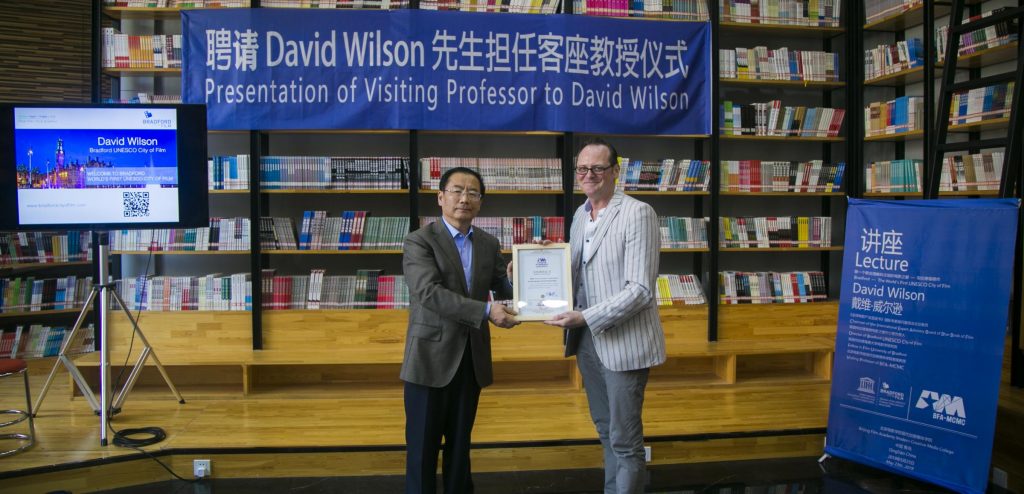
“There’s a real desire among UNESCO film cities to look at links between Europe and China, and other parts of Asia as well. There’s lots of markets in the east that are interested in more conversations. Our UN designation is helping us to develop our conversations, and again, there will be business development opportunities with this.”
He said he was very proud of the work City of Film has done in Bradford over the last ten years, bringing in countless productions and making the city film-friendly, adding that Bradford Council had played a key role in this.
“The challenge now though over the next five or ten years is to get some of those productions to root themselves here, or to encourage new production companies to set up here. At the moment much of it comes through the district and they use our fantastic locations, staying in our hotels, eating in our restaurants, but they are not rooted in Bradford district, and that’s the challenge for us now,” said David.
He said the arrival of Channel 4 would play a big role in helping meet that challenge.
“The conditions are right at the moment because of the groundwork we’ve done and because of reputation we’ve got, and now we’ve got a major broadcaster within nine miles, who only commission content.
“However we skill up the workforce and encourage the entrepreneurial spirit in Bradford to service this market, that can then be used to go and chase commissions with other providers like the BBC or Netflix or Sky, so there’s a much bigger story to Channel 4 coming here,” said David.
“If we get the conditions right, the businesses that develop as a result of that should have more opportunities in the future on other platforms. And that’s internationally as well. It’s all to play for.”



